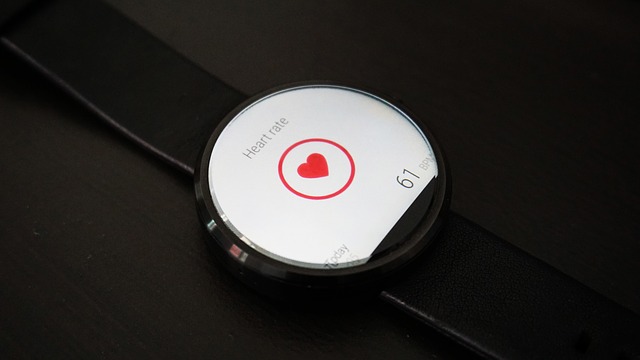
Heart failure is one of the most common causes of hospitalization and death. Even with relentless efforts to manage heart disease, the number of patients who experience heart failure still remains high. In fact, according to the World Health Organization (WHO), cardiovascular disease still holds the record for causing the most number of deaths annually.
The best defense against heart conditions is early detection and management. For some, that means weight control, exercise and an overall healthier lifestyle. For others, there’s medication. And for those who can afford it, they use a defibrillator — a battery-powered device that functions as one’s personal resuscitator. When the heart of a person stops beating, the implanted defibrillator will send electrical shocks to one’s heart so it will restart beating. Sometimes it works, sometimes it doesn’t because the heart may be far too damaged and it’s too late to fix it.
This dilemma has prompted further research on what more can be done to minimize the incidence of heart failure. A defibrillator knows when a heart stops beating. With some improvements, maybe it can be more proactive. Instead of waiting for the heart to stop functioning, it should be able to monitor the heart’s condition such that it can give ample warning to prevent the heart from giving out.
And so a team of researchers led by Dr. John Boehmer from the Penn State College of Medicine started a study that involved the addition of sensors to defibrillator implants. They named it HeartLogic.
The developmental software system was tested on 900 patients over the course of one year. Within the study period, the sensors were able to detect 70% of heart failure events in patients, more than their intended goal of 40%. More importantly, detection happened over a month before the actual heart failure events occurred. Although there were some false positives, the figures were considered to be within an acceptable range.
Just like doctors who take several different factors into consideration before coming up with a diagnosis, HeartLogic also works in the same way. By integrating measurements of different heart-related activities including heart sounds, heart rate and breathing, it is able to provide a base reference that can be used to warn of impending heart failure.
According to Dr. Boehmer, the concept of the technology is comparable with diabetes management. A diabetic’s blood sugar is constantly being monitored so that treatment can be done before blood sugar level gets too high that it is bound to lead to hospitalization. HeartLogic will do the same. It will constantly monitor a patient’s heart condition so heart failure can be prevented before it happens.
The findings of the study were presented in New Orleans at the recent annual meeting of the American Heart Association. A pilot project and further trials to determine the system’s safety, acceptability and effectivity are now being planned. With its success, it is hoped that the incidents of heart failure and death from heart disease will significantly be reduced.
- Bulenox: Get 45% to 91% OFF ... Use Discount Code: UNO
- Risk Our Money Not Yours | Get 50% to 90% OFF ... Use Discount Code: MMBVBKSM
Disclaimer: This page contains affiliate links. If you choose to make a purchase after clicking a link, we may receive a commission at no additional cost to you. Thank you for your support!

Hopefully the Heart logic trial will also be conducted in Toronto, Canada at the Munk Cardiac center.